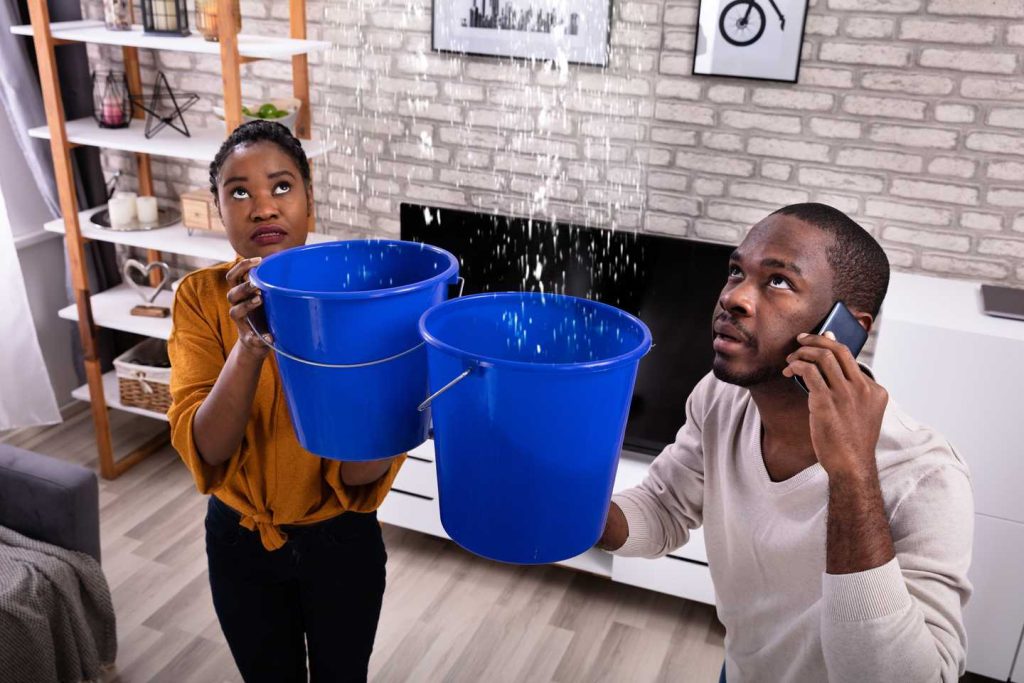
Home renovations can be exciting, but they can also inadvertently lead to plumbing issues if proper precautions are not taken. In this article, we will provide valuable tips to help you avoid plumbing disasters during your home renovation projects.
- Plan Ahead: Before starting any renovation project, take the time to plan your plumbing modifications thoroughly. Identify the scope of the project and determine if it will require moving or altering existing plumbing fixtures or pipes. Create a detailed plan and consult with a professional plumber to ensure the feasibility and proper execution of your plumbing changes.
- Work with Professionals: Unless you have extensive plumbing experience, it’s best to hire a licensed plumber for any significant plumbing modifications or installations. They have the expertise to handle the intricacies of plumbing systems and can ensure that the work is done correctly and in compliance with local building codes. Working with professionals can save you from costly mistakes and potential water damage.
- Protect Existing Pipes: During renovation work, it’s crucial to protect existing pipes from damage. Accidental hits with hammers or other tools can lead to leaks or bursts, causing significant water damage. Before starting any demolition or construction, identify the location of your plumbing pipes and mark them clearly. Take extra care to avoid hitting or damaging them during the renovation process.
- Ensure Proper Ventilation: Adequate ventilation is essential, especially in areas prone to moisture, such as bathrooms and kitchens. During renovations, ensure that ventilation systems, such as exhaust fans or range hoods, are properly installed and vented to the outside. Proper ventilation helps prevent excessive humidity, which can lead to mold growth and damage to your walls or ceilings.
- Test for Leaks: After completing any plumbing modifications, it’s crucial to test the system for leaks before closing up walls or finishing surfaces. Turn on the water supply and check for any signs of leakage, such as drips or water stains. Testing for leaks early allows you to address any issues promptly and avoid potential water damage or mold growth down the line.
- Communicate with Contractors: If you’re working with contractors or other tradespeople for your renovation, ensure open communication about your plumbing requirements and plans. Provide them with accurate information about the location of pipes and fixtures to avoid accidental damage. Regularly communicate with the team to address any questions or concerns regarding plumbing modifications or potential conflicts with other trades.
Remember, home renovations can be complex, and proper planning and precautions are essential to avoid plumbing disasters. By following these tips and working with professionals, you can minimize the risk of plumbing issues and ensure a successful and stress-free renovation project.
In conclusion, taking proactive measures to understand and address common plumbing issues, scheduling regular maintenance, choosing the right water heater, implementing eco-friendly practices, and avoiding plumbing disasters during renovations are all key steps in maintaining a healthy and efficient plumbing system. By staying informed and making informed choices, you can ensure the longevity and optimal performance of your plumbing system while promoting sustainability and minimizing potential problems.
